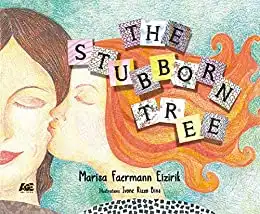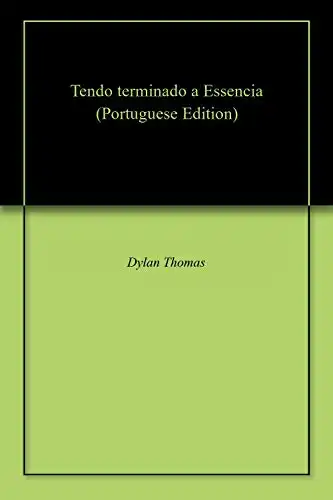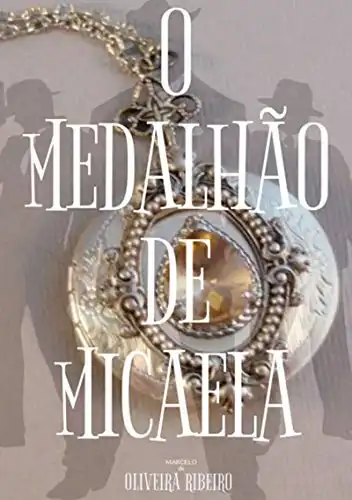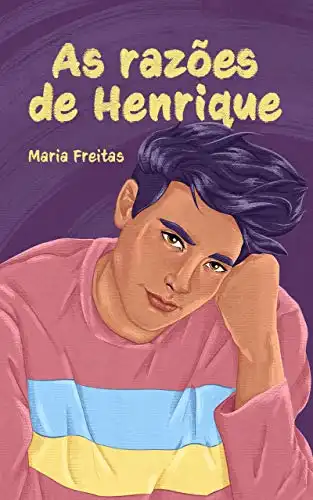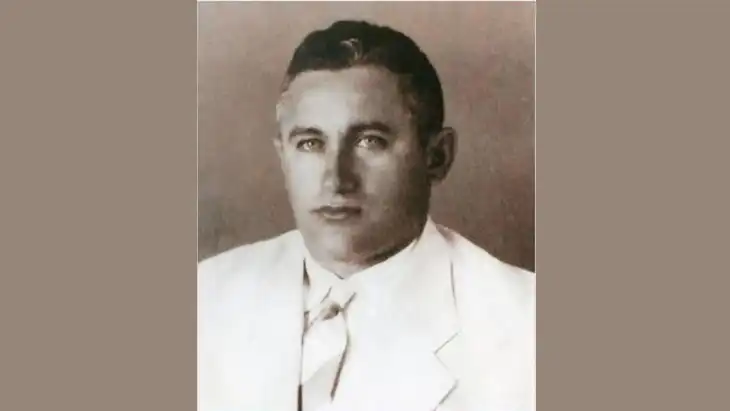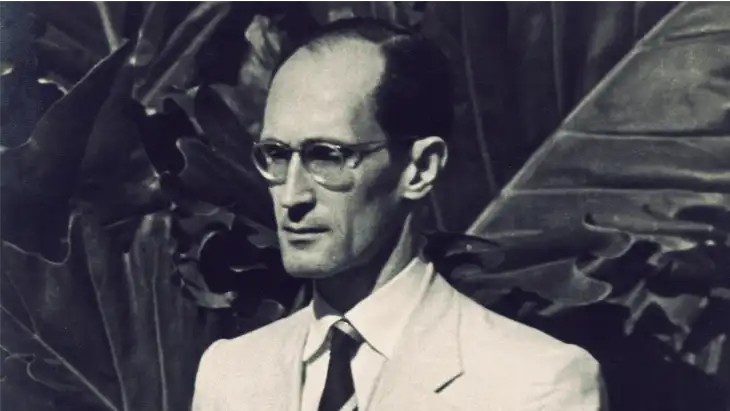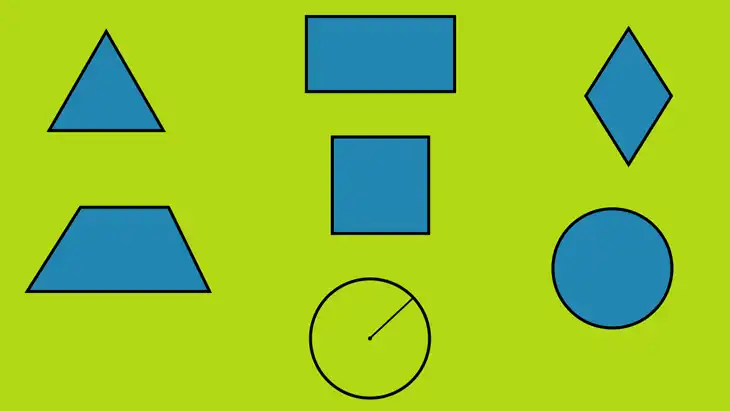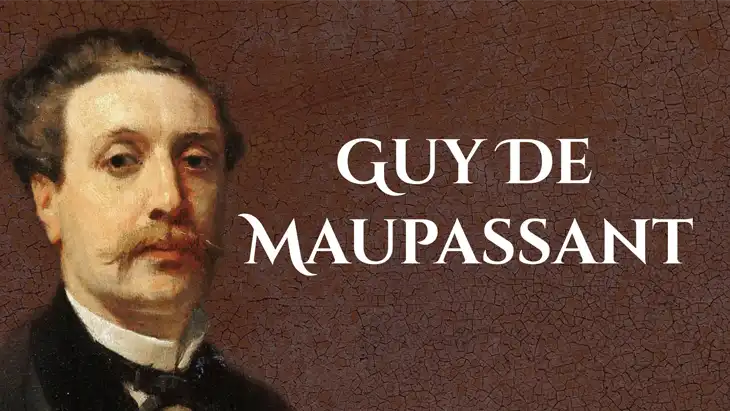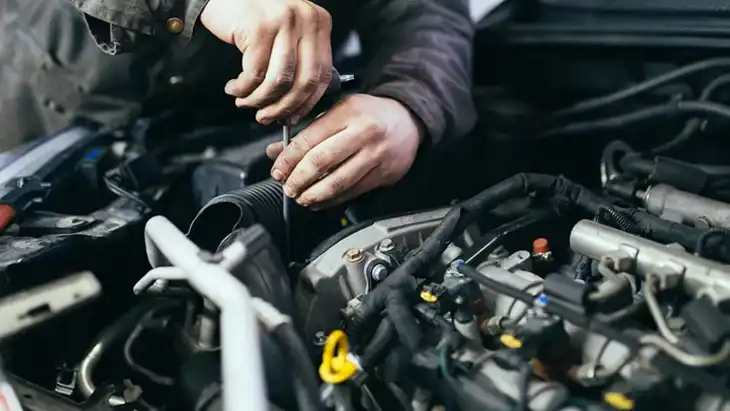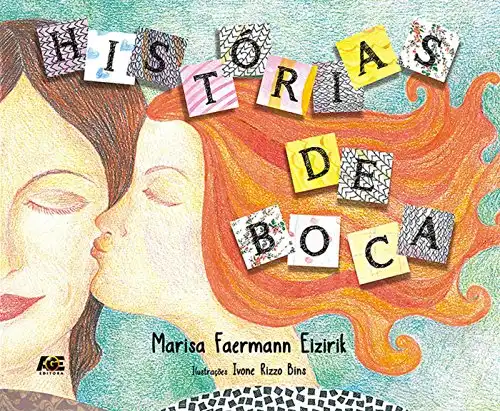“Scientists have said that everything is story. We are represented from within (and outside) as characters moving between time, place, and plot. What they say and tell makes sense and, in this logic, the only thing that changes is how you tell a story.
Marisa Faermann Eizirik is one such scientist and, for decades, she has been telling stories about ideas, theories, and concepts. Among some of these topics is love – love for life and learning. Thus, she has gained recognition and conquered admirers and, above all, listeners and readers.
Now Marisa has decided to tell these stories differently. Like someone who went back in time, she has recovered the first stories – the ones a grandmother would tell her granddaughters – before ideas, theories, and concepts would bring additions and/or limitations. A lot of courage is necessary to tell them this way. Courage was already necessary to tell them the other way,
but this is even more raw and bare – it is the before.
Marisa’s stories are sad. Better yet, they start out sad just like all the best stories do. Cut down trees, flowerless cacti, and six-fingered girls – prose that matches poetry to achieve the happiness and the hope of a good happy ending.
They say a good scientist is the one that, atier undertaking the experiment in his laboratory, takes it to many in the outside world. Since artists are not different, Marisa started out telling them to her granddaughters. Now the natural destiny of such stories will be to find kids and adults alike that will
not only read and listen to the tales, but will also notice that the illustrations done by Ivone Rizzo Bins also are nothing short of wonderful.”
Marisa Faermann Eizirik is one such scientist and, for decades, she has been telling stories about ideas, theories, and concepts. Among some of these topics is love – love for life and learning. Thus, she has gained recognition and conquered admirers and, above all, listeners and readers.
Now Marisa has decided to tell these stories differently. Like someone who went back in time, she has recovered the first stories – the ones a grandmother would tell her granddaughters – before ideas, theories, and concepts would bring additions and/or limitations. A lot of courage is necessary to tell them this way. Courage was already necessary to tell them the other way,
but this is even more raw and bare – it is the before.
Marisa’s stories are sad. Better yet, they start out sad just like all the best stories do. Cut down trees, flowerless cacti, and six-fingered girls – prose that matches poetry to achieve the happiness and the hope of a good happy ending.
They say a good scientist is the one that, atier undertaking the experiment in his laboratory, takes it to many in the outside world. Since artists are not different, Marisa started out telling them to her granddaughters. Now the natural destiny of such stories will be to find kids and adults alike that will
not only read and listen to the tales, but will also notice that the illustrations done by Ivone Rizzo Bins also are nothing short of wonderful.”
Celso Gutireind
Características do eBook
Aqui estão algumas informações técnicas sobre este eBook:
- Autor(a): Marisa Faermann Eizirik
- ASIN: B01N4PNIS6
- Editora: AGE
- Idioma: Português
- Tamanho: 61126 KB
- Nº de Páginas: 19
- Categoria: Jovens e Adolescentes
Amostra Grátis do Livro
Faça a leitura online do livro The Stubborn Tree, escrito por Marisa Faermann Eizirik. Esse é um trecho gratuito disponibilizado pela Amazon, e não infringe os direitos do autor nem da editora.
